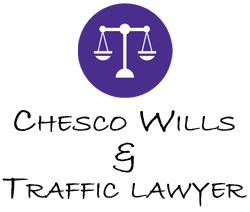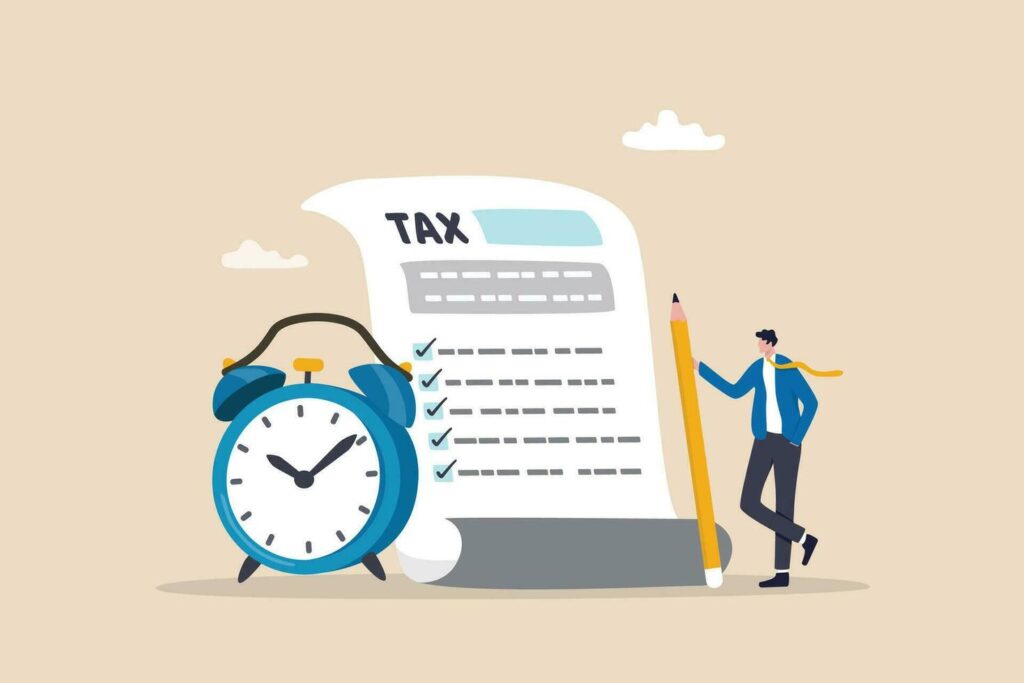Tax planning is an essential aspect of managing your financial health. By proactively planning for taxes, individuals and businesses can maximize their savings, minimize their tax liability, and achieve long-term financial success. In this article, we will explore the strategies and benefits of proactive tax planning, as well as the role of tax professionals in enhancing your tax strategy. Additionally, we will discuss common tax planning mistakes and how to avoid them.
Understanding Proactive Tax Planning
Proactive tax planning involves taking a proactive approach to managing your taxes throughout the year. It goes beyond simply filing your tax returns and takes into account various strategies and considerations to optimize your tax outcomes. By understanding the basics of proactive tax planning, you can ensure that you are making the most informed decisions regarding your taxes.
The Basics of Proactive Tax Planning
Proactive tax planning begins with a thorough understanding of the tax laws and regulations that apply to your specific situation. This includes staying updated on any changes to the tax code and understanding how they may affect you. By staying informed, you can identify opportunities for tax savings and ensure that you are in compliance with the law.
One important aspect of proactive tax planning is understanding the different deductions and credits that you may be eligible for. This includes deductions for expenses related to education, healthcare, and home ownership, as well as credits for things like child care and energy-efficient home improvements. By taking advantage of these deductions and credits, you can significantly reduce your tax liability and keep more money in your pocket.

The Importance of Proactive Tax Planning
Proactive tax planning is crucial for individuals and businesses alike. By taking a proactive approach, you can maximize your tax savings, reduce your tax liability, and avoid any unpleasant surprises when it comes time to file your tax returns. Additionally, proactive tax planning allows you to have more control over your financial situation and enables you to make informed decisions that align with your financial goals.
Another key benefit of proactive tax planning is the ability to minimize the risk of an audit. By carefully reviewing and organizing your financial records throughout the year, you can ensure that you have the necessary documentation to support your tax deductions and credits. This not only helps you avoid potential penalties and interest charges but also provides peace of mind knowing that you are prepared in case of an audit.
Furthermore, proactive tax planning can help you identify potential tax-saving opportunities that you may not have been aware of. For example, if you own a business, proactive tax planning can help you determine the most advantageous business structure, such as a sole proprietorship, partnership, or corporation, based on your specific circumstances. This can result in significant tax savings and improved overall financial performance.
Key Strategies in Proactive Tax Planning
Proactive tax planning involves implementing various strategies to optimize your tax outcomes. Here are some key strategies to consider:
Year-Round Tax Planning
Proactive tax planning is not a one-time event; it requires ongoing attention throughout the year. By continuously monitoring your income, expenses, and potential deductions, you can identify opportunities for tax savings and take appropriate actions in a timely manner. This approach ensures that you are maximizing your tax benefits and minimizing your tax liability.
For example, keeping track of your expenses and organizing your financial records can help you identify potential deductions that you may have overlooked. By maintaining detailed records, you can easily substantiate your deductions and avoid any issues during an audit. Additionally, staying informed about changes in tax laws and regulations can help you adjust your tax planning strategies accordingly, ensuring that you are always taking advantage of the most up-to-date opportunities.
Utilizing Tax Credits and Deductions
Tax credits and deductions are valuable tools for reducing your tax liability. By understanding the available credits and deductions that apply to your situation, you can take advantage of them to lower your overall tax bill. This may include expenses related to education, homeownership, business expenses, and more. Working with a tax professional can help you identify eligible credits and deductions and ensure that you are maximizing their benefits.
For instance, if you are a small business owner, you may be eligible for various tax credits and deductions, such as the Research and Development (R&D) tax credit or the Section 179 deduction for equipment purchases. By leveraging these incentives, you can not only reduce your tax burden but also reinvest the savings back into your business, fueling its growth and success.
Retirement Planning and Taxes
Retirement planning is not only important for securing your financial future but also for managing your tax liability. Contributions to retirement accounts, such as 401(k)s and IRAs, may be tax-deductible, reducing your taxable income in the current year. Moreover, withdrawals from retirement accounts may be taxed differently depending on the type of account and your age at the time of withdrawal. By integrating retirement planning into your overall tax strategy, you can optimize your tax outcomes during your retirement years.
Furthermore, retirement planning can provide you with additional tax advantages. For example, if you contribute to a Roth IRA, your withdrawals in retirement are generally tax-free. This can be particularly beneficial if you expect your income to be higher during retirement, as it allows you to lock in your tax rate now and potentially avoid higher tax rates in the future.
In conclusion, proactive tax planning involves a comprehensive approach that goes beyond just filing your taxes. By implementing year-round tax planning, utilizing tax credits and deductions, and integrating retirement planning into your overall strategy, you can optimize your tax outcomes and achieve long-term financial success.

The Role of Tax Professionals in Proactive Planning
While it’s possible to handle tax planning on your own, consulting a tax professional can enhance your tax strategy and provide valuable insights. Here’s how tax professionals can assist you:
When to Consult a Tax Professional
Complex tax situations, major life events, and changes in tax laws are all instances when it’s wise to consult a tax professional. Tax professionals can navigate the complexities of the tax code and provide guidance tailored to your specific circumstances. They can help you identify additional strategies you may not have considered and ensure that you are fully compliant with the law.
How Tax Professionals Can Enhance Your Tax Strategy
Tax professionals have in-depth knowledge of the tax code and are experienced in identifying opportunities for tax savings. They can analyze your financial situation, provide personalized advice, and develop a comprehensive tax strategy that aligns with your goals. Additionally, tax professionals can handle the administrative tasks associated with tax planning, such as filing your tax returns and corresponding with tax authorities, relieving you of this burden.
Moreover, tax professionals can also provide valuable insights into the ever-changing landscape of tax laws and regulations. They stay up-to-date with the latest developments and can help you navigate any potential pitfalls or opportunities that arise. By keeping a close eye on legislative changes, tax professionals can ensure that your tax strategy remains effective and compliant.
Another advantage of consulting a tax professional is their ability to provide proactive planning. They can help you anticipate and prepare for future tax implications based on your current financial situation and long-term goals. By taking a proactive approach, tax professionals can help you minimize tax liabilities and maximize tax savings over time.
Furthermore, tax professionals can offer expert advice on complex tax matters, such as international tax planning, estate planning, and business tax strategies. These specialized areas require a deep understanding of the intricacies of tax laws and regulations, which tax professionals possess. By leveraging their expertise, you can ensure that you are making informed decisions that align with your overall financial objectives.
In summary, while handling tax planning on your own is possible, consulting a tax professional can provide numerous benefits. From navigating complex tax situations to enhancing your tax strategy and providing proactive planning, tax professionals bring valuable insights and expertise to the table. By working with a tax professional, you can optimize your tax planning efforts and ensure that you are in the best possible position to achieve your financial goals.

Avoiding Common Tax Planning Mistakes
Failure to plan ahead and misunderstandings about tax laws can lead to costly mistakes. Here are some common tax planning errors and how to avoid them:
Misunderstanding Tax Laws
Keeping up with ever-changing tax laws can be challenging. One common mistake is assuming that last year’s tax strategies will still be applicable this year. To avoid this, stay informed about any changes to the tax code and consult a tax professional for guidance.
Understanding tax laws is crucial to ensure compliance and optimize your tax planning. However, it can be overwhelming to navigate the complex and ever-evolving tax landscape. That’s why it’s essential to stay updated on any changes to tax regulations and seek expert advice to avoid potential pitfalls.





